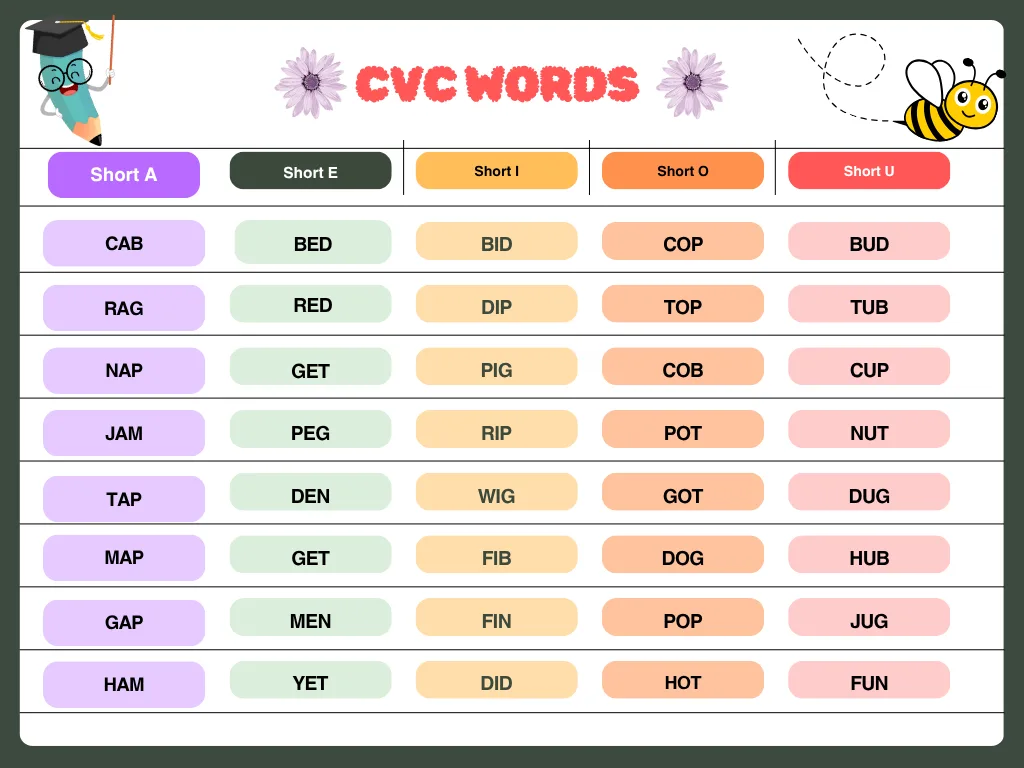Contents
- 1 1. Boost Self-Esteem by Recognizing Their Efforts
- 2 2. Catch Them Being Good – and Say It Out Loud
- 3 3. Set Boundaries and Be Consistent
- 4 4. Prioritize One-on-One Time With Your Kids
- 5 5. Be the Example You Want Them to Emulate
- 6 6. Practice Open and Respectful Communication
- 7 7. Adapt Your Style and Respect Your Limits
- 8 8. Discipline With Love, Not Shame
Parenting is one of life’s greatest challenges—and its most profound gift. There’s no handbook, no perfect formula, and no shortcut to getting it “right.” But over time, with a lot of trial and error, I’ve discovered a set of core parenting tips that have transformed my relationship with my children and the overall dynamic in our home. These expert-backed strategies aren’t about perfection; they’re about connection, trust, and showing up with love. If you’re looking for practical parenting tips that create long-lasting emotional bonds, this guide is for you.
1. Boost Self-Esteem by Recognizing Their Efforts

One of the most powerful parenting tips I’ve learned is the importance of authentic praise. Kids don’t just need encouragement—they need meaningful, specific feedback. Instead of saying, “Good job,” I now highlight the effort: “You worked so hard on that puzzle” or “I noticed you were really patient with your brother.” These small but sincere affirmations build confidence. Harsh comparisons and critical words, on the other hand, can erode self-esteem. Among all the parenting tips shared by experts, building a child’s sense of worth through recognition is one of the most transformative.
2. Catch Them Being Good – and Say It Out Loud
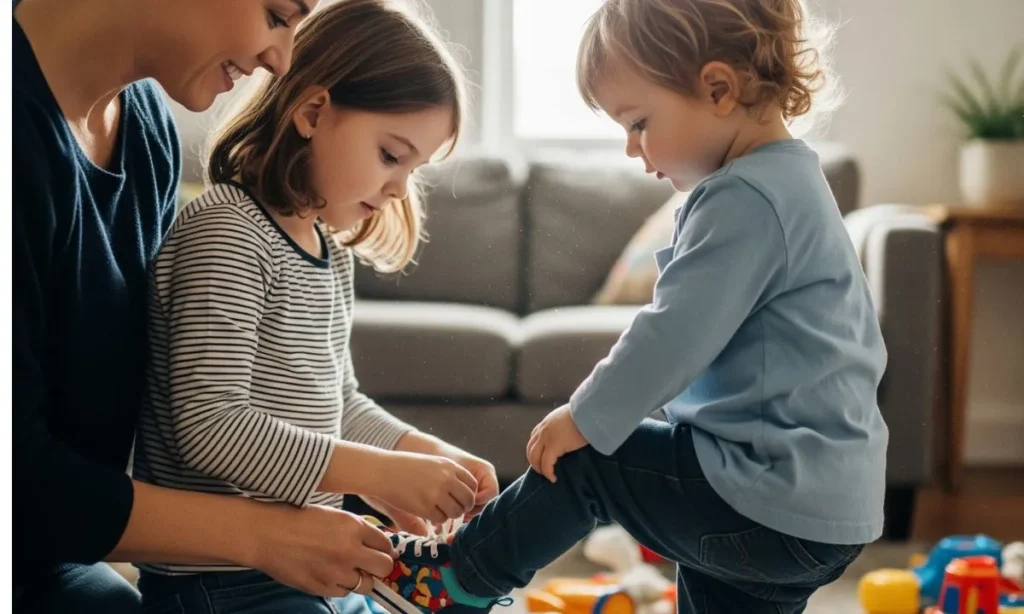
Most parents unintentionally focus on what’s going wrong. But here’s one of the simplest parenting tips that changed everything: focus more on what your child is doing right. When you say, “That was really thoughtful of you to help with your sister’s shoes,” it encourages them to repeat the behavior. Children thrive when their positive actions are acknowledged. The more you highlight kindness, effort, or empathy, the more it becomes part of their identity. This is one of those parenting tips that builds connection while naturally reducing the need for constant correction.
3. Set Boundaries and Be Consistent
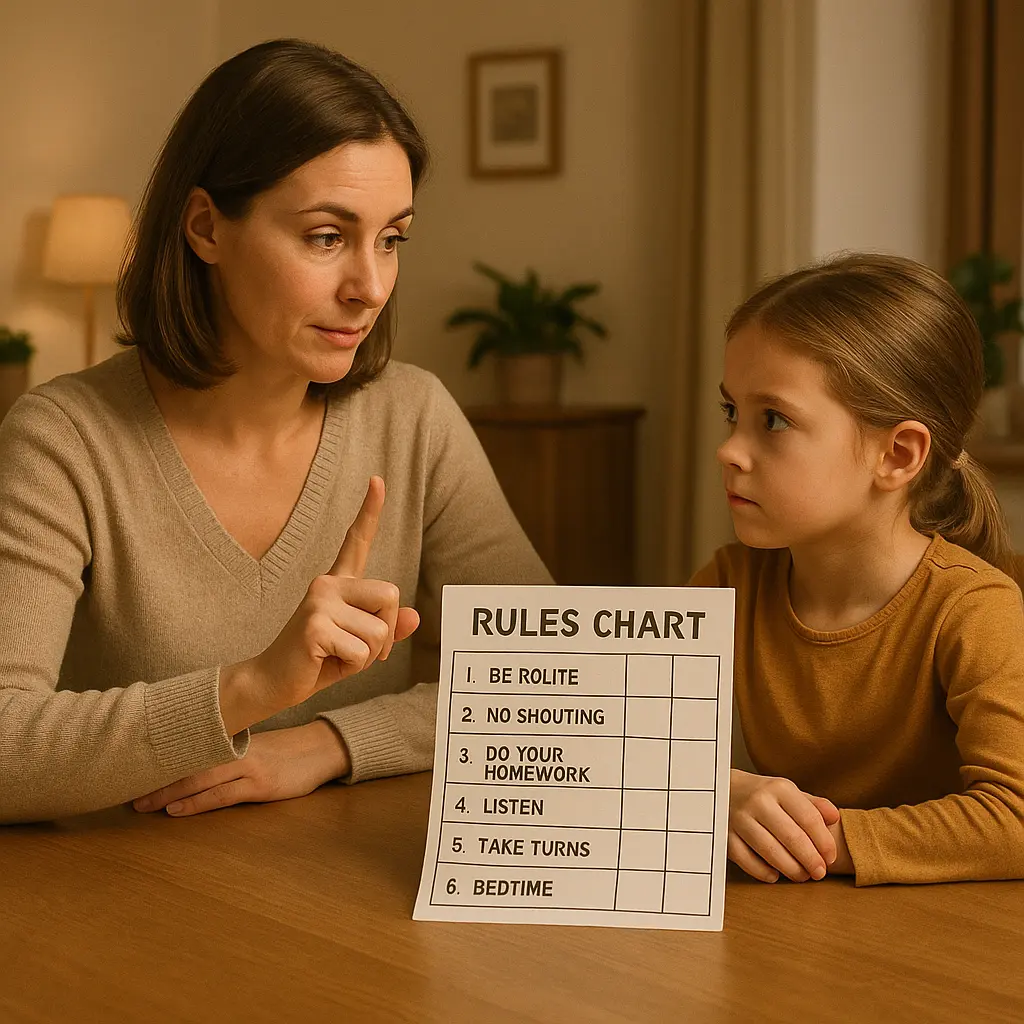
One of the most practical parenting tips is this: kids need structure. While they may resist rules at times, deep down, boundaries make children feel secure. Early on, I was inconsistent with screen time and bedtime routines, and it created chaos. Once I became firm and consistent, I noticed a drastic shift in behavior. When kids know what to expect—and that you’ll follow through—they learn accountability and respect. Among the many parenting tips shared by professionals, consistent discipline and boundaries are among the most effective for long-term emotional and behavioral growth.
4. Prioritize One-on-One Time With Your Kids
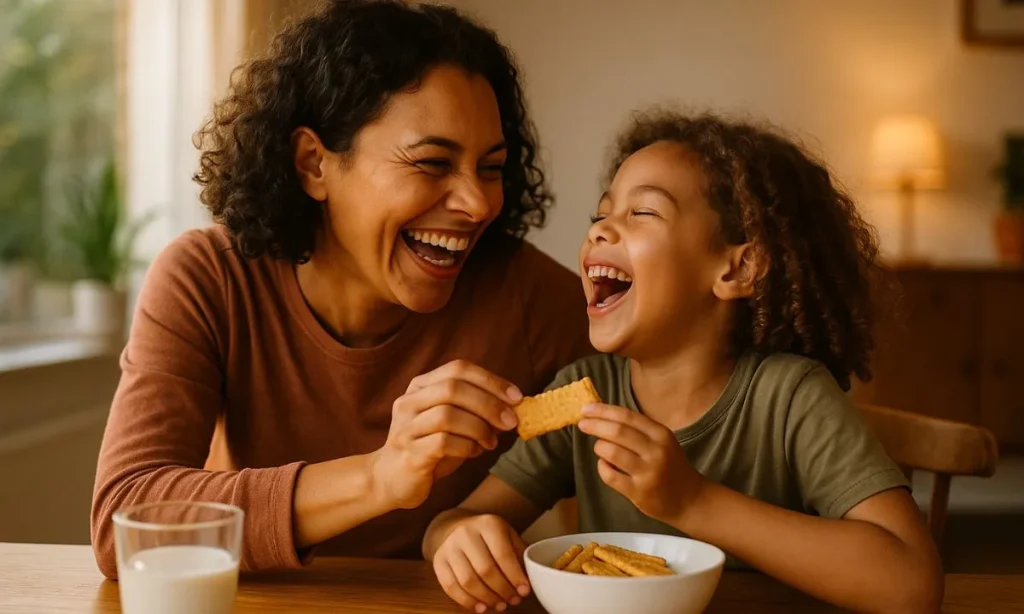
In today’s busy world, one of the most essential parenting tips is to spend intentional, undistracted time with your children. Even 15 minutes of one-on-one time can make them feel seen, valued, and deeply connected. I’ve found that meaningful conversations happen during the most ordinary moments—like folding laundry or walking the dog. Experts often say that children act out when they don’t receive enough attention, and I’ve seen that firsthand. Making time for connection not only strengthens your bond, but also reduces behavioral issues. Few parenting tips are as impactful as simply being present.
5. Be the Example You Want Them to Emulate

Children are always watching. Modeling positive behavior is one of the most underrated parenting tips out there. If I handle stress calmly, my kids learn to do the same. If I apologize when I’m wrong, they learn accountability. It’s easy to forget that we’re teaching not just through our words, but through our actions. Owning our mistakes and showing how we process emotions teaches emotional intelligence. This is one of those parenting tips that may take practice, but its long-term benefits in your child’s development are profound and lasting.
6. Practice Open and Respectful Communication
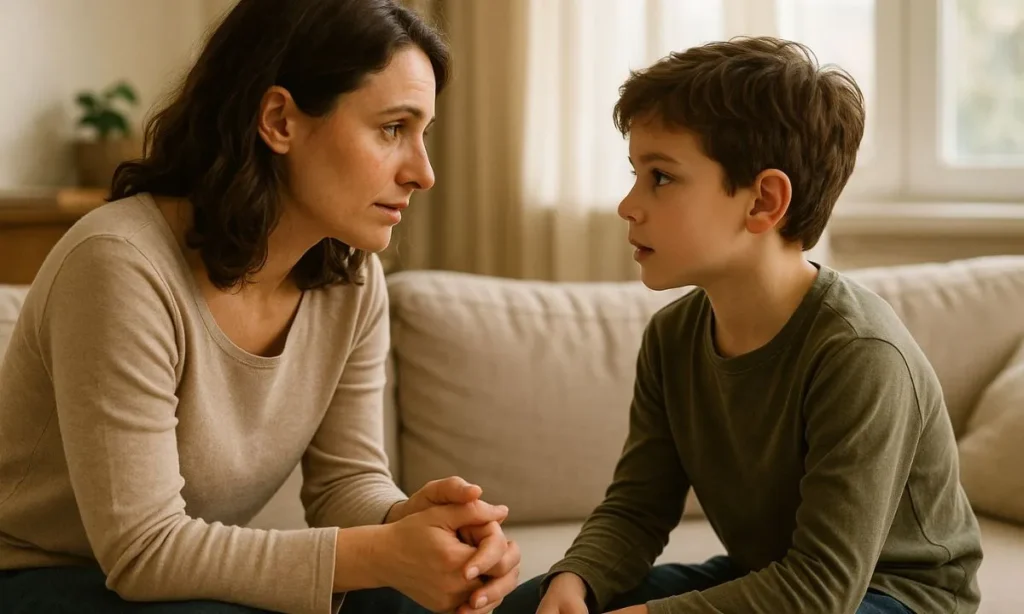
When it comes to effective parenting tips, listening is just as important as talking. I used to offer quick solutions to my kids’ problems, but that often made them feel dismissed. Now, I focus on active listening—making eye contact, asking open-ended questions, and acknowledging their feelings. Explaining the why behind a rule, rather than saying “Because I said so,” fosters trust and mutual respect. If there’s one thing I’ve learned from countless parenting tips, it’s that communication isn’t just about speaking—it’s about creating space for your child to feel heard.
7. Adapt Your Style and Respect Your Limits

Every child is different, and what works for one may not work for another. This is one of the more humbling parenting tips I’ve embraced: stay flexible. As your children grow, your approach should evolve too. I also had to learn that parenting from a place of exhaustion helps no one. Prioritizing my own well-being—getting sleep, taking breaks, or saying no—made me a more patient and responsive parent. Among all the parenting tips, this one reminds us that showing up as your best self requires taking care of yourself first.
8. Discipline With Love, Not Shame
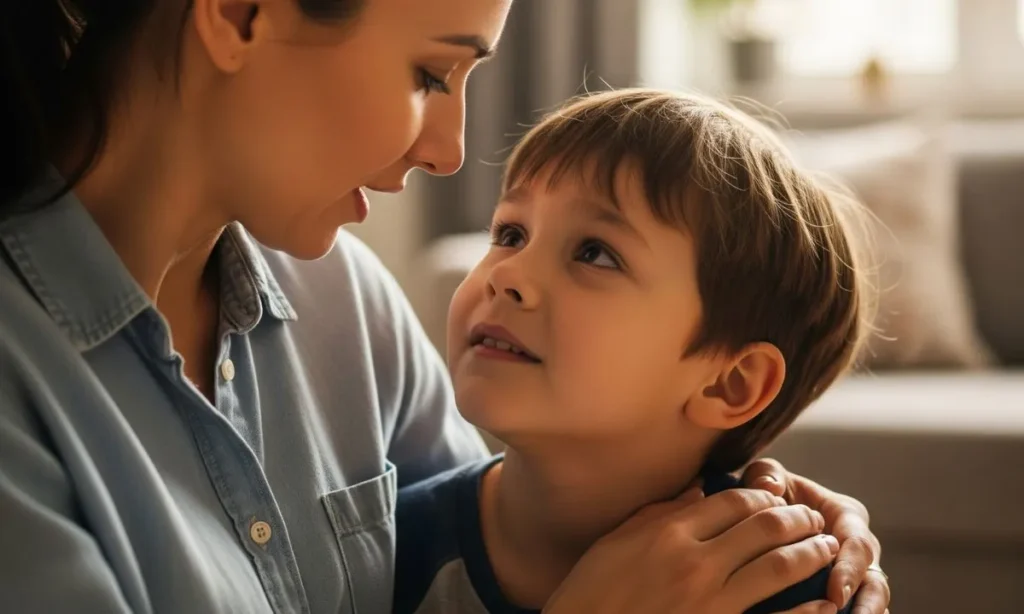
Discipline should teach, not punish. One of the most misunderstood parenting tips is that love and limits can (and should) coexist. I’ve learned to separate the behavior from the child. Rather than saying “You’re being bad,” I now say, “That choice wasn’t okay, but I love you no matter what.” This distinction reassures them of your unconditional love, even during tough conversations. Kids who feel secure in their parents’ love are more likely to take responsibility for their actions and learn from their mistakes—making this one of the most valuable parenting tips of all.
Final Thoughts: The Best Parenting Tips Are Rooted in Connection
There’s no such thing as a perfect parent, and that’s okay. What matters most is showing up with intention, love, and a willingness to grow. These parenting tips have helped me foster deeper relationships with my children and create a home built on trust and emotional safety. We don’t get everything right, but we laugh more, connect more, and feel stronger as a family. Remember: the best parenting tips aren’t about control—they’re about connection. And when you lead with love, you’re already doing an incredible job.




